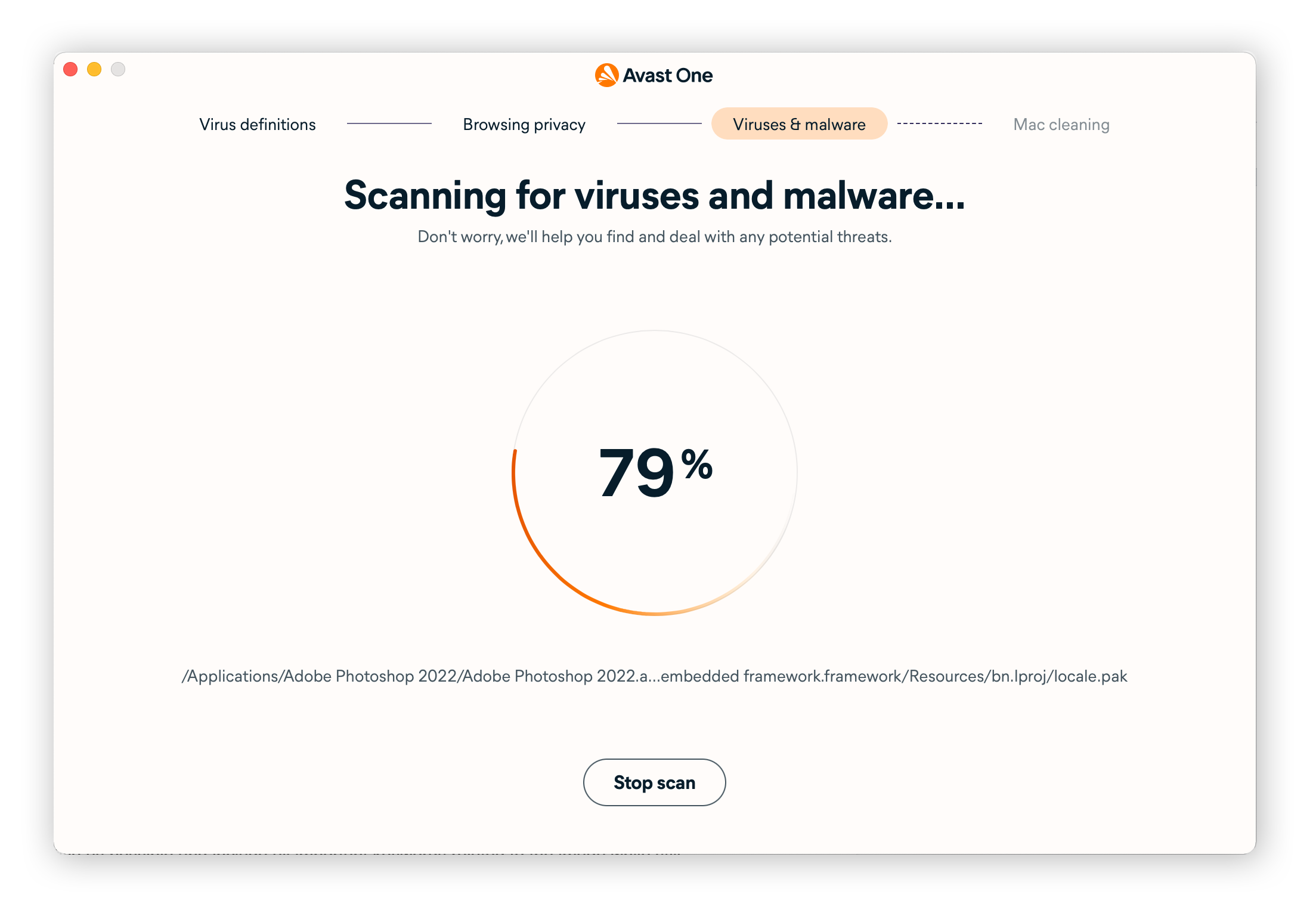

That gives the keylogger operator all kinds of exploitable data in the course of the loan officer’s normal duties. Say a crook somehow installs a keylogger plug into the keyboard USB port of a bank loan officer’s PC. Hardware keylogger infections occur if someone gains access to your unlocked device, which can fuel any number of scenarios.
Scan for keyloggers free install#
“Keyloggers install when you click on a file attachment that you’ve been duped into opening-most commonly because you fell for a social engineering scheme or a cleverly designed phishing expedition.” The same Trojan that delivers the keylogger can slip other malware on your system-such as adware, spyware, ransomware, or a virus. The attachments can come to you by email, through a text message, an instant message, on social networks, or even through a visit to an otherwise legitimate but infected website, which exploits a vulnerability in it and drops a drive-by malware download.

They install when you click on a file attachment that you’ve been duped into opening-most commonly because you fell for a social engineering scheme or a cleverly designed phishing expedition. Keyloggers invade PCs (and Macs, and Androids, and iPhones) in the same way that other malware does. How can I tell if I have a keylogger infection? But even if they don’t harm the hardware, keyloggers are definitely a threat to users, especially when they steal sensitive data. In fact, the whole point of keyloggers is to work behind the scenes, sniffing out the keystrokes while the computer continues to operate normally.
Scan for keyloggers free software#
Unlike other kinds of malware, software keyloggers are not a threat to the systems they infect themselves. Software keyloggers are much easier to introduce to and install on victims’ devices, which is why that variety is much more common.
Scan for keyloggers free Pc#
But that means that the cybercriminal has to have physical access to the PC while you’re not present in order to plant the hardware keyloggers. Hardware devices can be embedded in the internal PC hardware itself, or be an inconspicuous plugin that’s secretly inserted into the keyboard port between the CPU box and the keyboard cable so that it intercepts all the signals as you type. Keyloggers come in at least two broad flavors-hardware devices and the more familiar software variety. There, the person operating the logging program can retrieve it all, potentially sending it to third parties for criminal purposes. You don’t know they’ve breached your computer and depending on what kind of keylogger it is, it can steal any passwords you’ve entered, periodically take screen shots, record the web pages you view, grab on to your sent emails and any instant messaging sessions, as well as sensitive financial information (such as credit card numbers, PIN codes, and bank accounts), and then send all that data over the network to a remote computer or web server. And they definitely do not own the device they infect. However, the concern about keyloggers is when malicious actors are behind them.

And there are thousands of commercially available keyloggers on the Internet, which advertise themselves for just such a use. In all such cases, if the organization or person downloading and installing the keylogger actually owns the device, then it’s perfectly legal.

Suspicious spouses are another market for keyloggers. The same goes for, say, parents, who want to monitor their children’s activities. Keyloggers are a common tool for corporations, which IT departments use to troubleshoot technical problems on their systems and networks-or to keep an eye on employees surreptitiously. However, keyloggers can also enable cybercriminals to eavesdrop on you, watch you on your system camera, or listen over your smartphone's microphone Is a keylogger a virus?Īlthough for our purposes, keyloggers operate in the context of malware, they are not always illegal to install and use. The term keylogger, or "keystroke logger," is self-explanatory: Software that logs what you type on your keyboard. Keyloggers are a particularly insidious type of spyware that can record and steal consecutive keystrokes (and much more) that the user enters on a device.


 0 kommentar(er)
0 kommentar(er)
